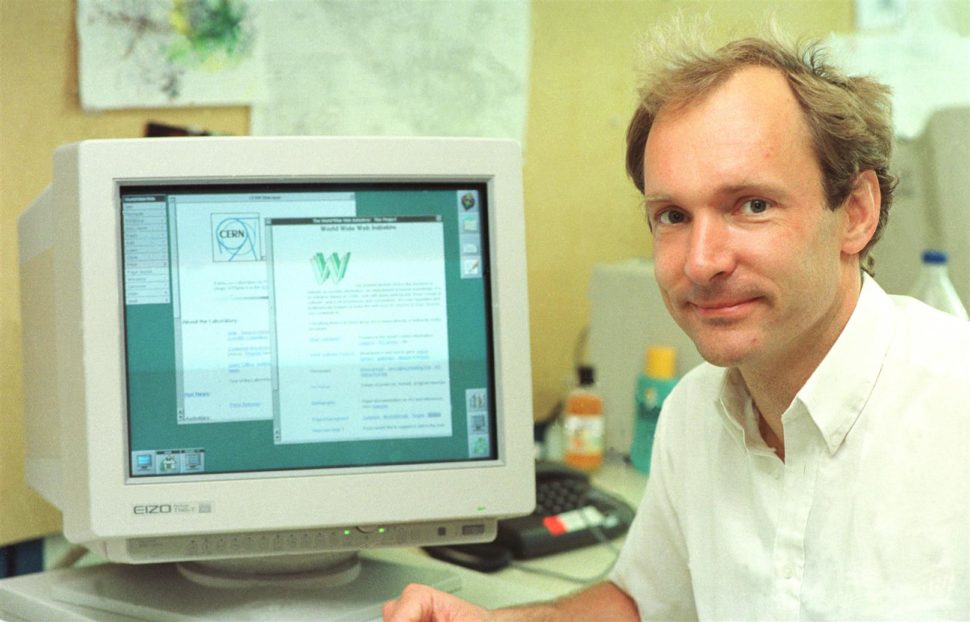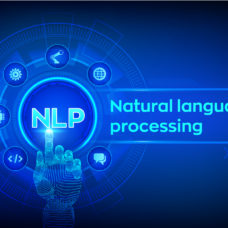First, let’s take a common misconception out of the way: While many people use them interchangeably, the Internet and the World Wide Web aren’t the same thing.
The internet was first conceived in 1969 as ARPANET, or the Advanced Research Projects Agency Network.
Much newer, it’s the WWW that revolutionized the Internet.
You can say that the Internet, as a network of connected computers and devices, is the hardware, while the Web is the software, or all the webpages you can find in this computer network. You access the Web through the Internet.
The World Wide Web has just turned 30.
A Brief History of the Web
Thirty years ago, Tim Berners Lee invented the World Wide Web while working at CERN in Switzerland, and it’s on NeXT computer that CERN’s and the world’s first website (info.cern.ch) dedicated to the Web project itself was hosted.
On Tuesday, March 12, 1989, Berners Lee submitted his “Information Management: A Proposal”, which gave birth to the World Wide Web.
Then a 33-year-old British software engineer from Oxford, Berners Lee was an independent IT professional at CERN where he was working on a more efficient way to link computers at CERN into a single information-sharing system.
Berners Lee didn’t know his idea would ripen into an information superhighway with fundamental world-changing effects.
The same Web that made the world a connected village and brought us Google, Facebook, and Amazon, also became a hotbed of hack attacks, data leaks, cyberbullying, hate speech, and fake news.
At the time Berners Lee invented the Web, in the 1980s, fax was the most available and commonly used document-sharing solution.
To this day, people are still faxing, and fax is one of the most secure ways to share documents. That maybe says a good deal about the Web’s current shape.
As the world is celebrating the World Wide Web’s thirtieth anniversary, what Berners Lee has to say?
The Web’s Inventor Doesn’t Recognize his Brainchild
At CERN’s ‘Web(at)30’ conference, Sir Tim admitted: “the web is not the web we wanted in every respect.”
In an article published on the Web’s anniversary, Berners Lee says the Web has “given a voice to those who spread hatred” and turned into a nest for criminals and scammers of all kinds.
“As the web reshapes our world, we have a responsibility to make sure it is recognized as a human right and built for the public good… The fight for the web is one of the most important causes of our time. Today, half of the world is online. It is more urgent than ever to ensure the other half are not left behind offline, and that everyone contributes to a web that drives equality, opportunity and creativity,”
Read More: The Argument for Access to the Internet as a Human Right
Last year, through his World Wide Web Foundation, Berners Lee unveiled the “Contract for the Web” that lays out a set of principles that involves governments, companies, and users to get the Web back on track.
In Berners-Lee words,:
“It would be defeatist and unimaginative to assume that the web as we know it can’t be changed for the better in the next 30. If we give up on building a better web now, then the web will not have failed us. We will have failed the web.”



















Comments (0)
Most Recent